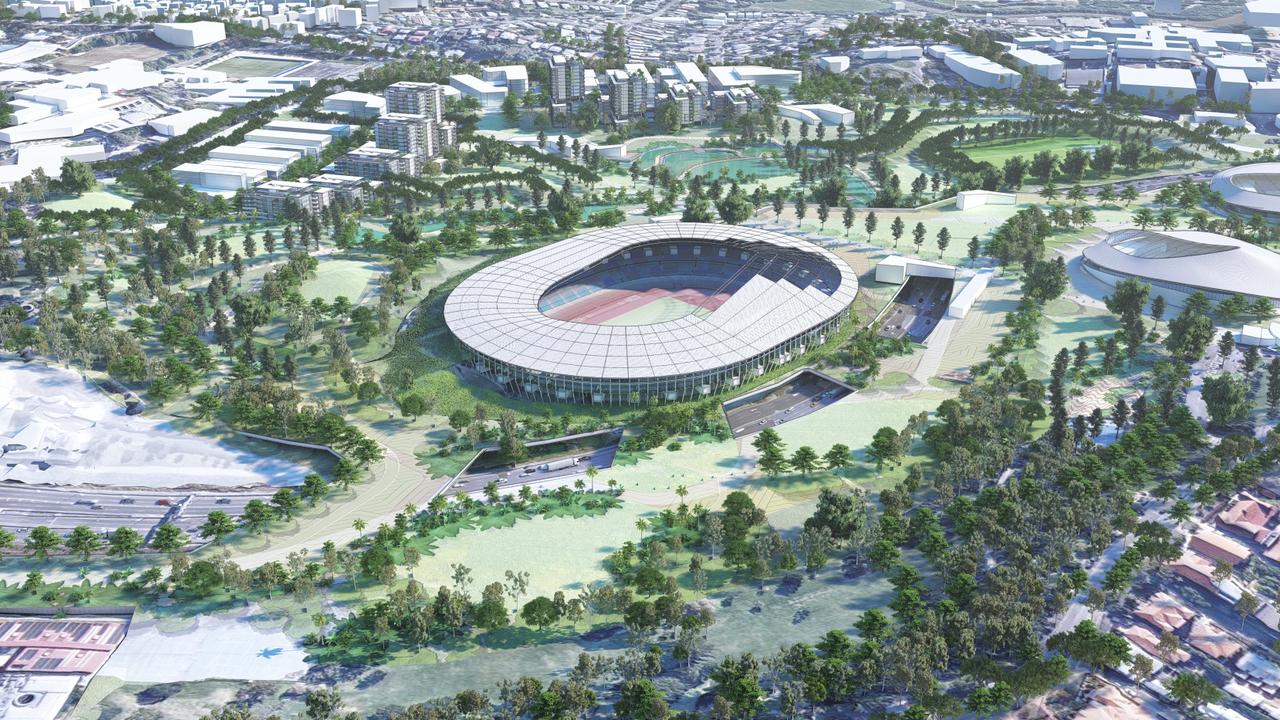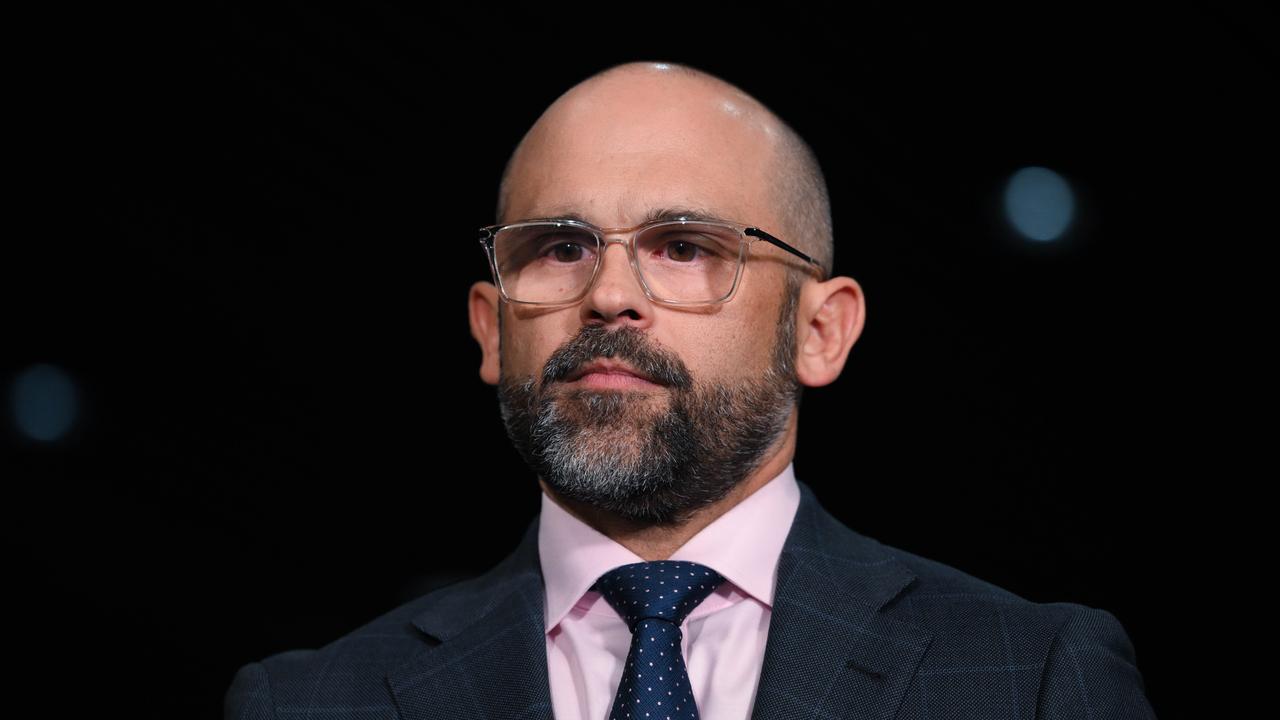Qld’s third Covid wave may peak sooner than expected
Queensland’s current Covid-19 wave may peak earlier than predicted as hospitalisation figures in other east coast states have either plateaued or are falling.
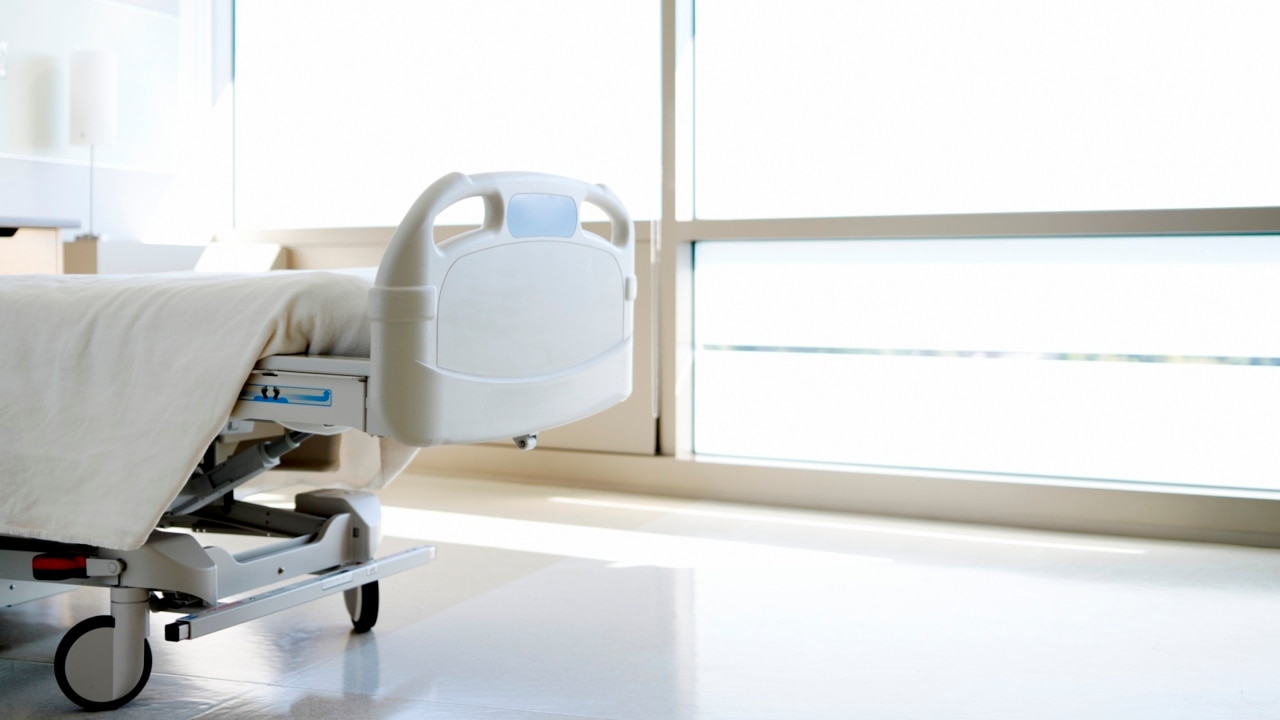
QLD News
Don't miss out on the headlines from QLD News. Followed categories will be added to My News.
Health experts predict the peak of Queensland’s latest Covid-19 wave peak will likely fall in line with New South Wales and Victoria where the peaks are now passing, despite a slight increase in daily hospitalisation figures.
It comes as Prime Minister Anthony Albanese announced a national cabinet meeting on Thursday to discuss a number of issues, including the Omicron wave and Monkeypox.
There were 6249 new Covid-19 cases recorded and 22 deaths in the Sunshine State on Tuesday.
The state also now has 815 people in hospital, up from 782 yesterday, including 28 in intensive care units.
It comes as Victoria’s hospitalisation figures have been steadily dropping for the past two weeks, while New South Wales’ hospitalisations appear to have plateaued, according to data from the independently-run Covid Live web site.
Infectious diseases expert from the University of Sydney, Robert Booy, said he expects Queensland’s peak will come sooner than the government’s predicted late-August date.
“I expect Queensland will quickly fall in line with figures in other eastern states,” he said.
“It (the peak) is more likely to be closer to eastern states now than ever before because borders are open now, and crowds are moving around.”
On Monday, Premier Annastacia Palaszczuk said the state would still be expecting the peak at the end of the month, based on the modelling.
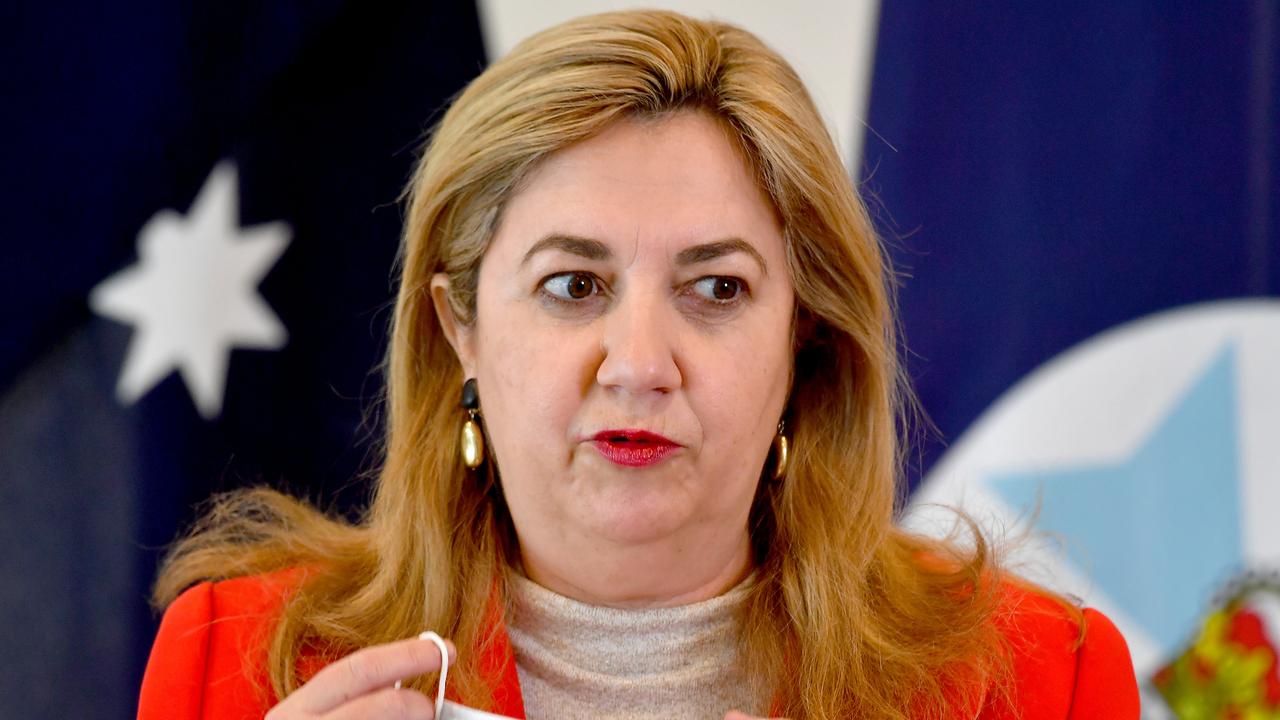
“I wouldn’t get too excited over these decreases just yet,” she said.
But Dr Booy said the modelling was simply a guide, and not a true reflection of what would unfold.
“The modelling is a guide, it’s not the predictor of exact truth,” he said.
“It has confidence limits where it can be better or worse than it predicts.”
When comparing the current wave with the states’ first wave in January and February, hospitalisation figures appeared to follow a similar trajectory with a slight rise in numbers following the peak’s fall.
The current wave is driven by the BA. 4 and BA. 5 Omicron sub-variants which are “associated with increased immune escape”, according to The Australian Health Protection Principal Committee (AHPPC).
“We are likely to see rates of reinfection rise among those who have previously been infected with an earlier Covid variant and those who are up to date with their vaccinations,” a previous AHPPC statement read.
A Queensland Health spokeswoman said the modelling was “indicative only” and regularly updated to ensure the pandemic response reflected the evolving situation.
“We shouldn’t be sitting back waiting for the modelling to come true; we should all be doing our part to try to minimise the impact of Covid-19,” she said.
“Our approach throughout the pandemic has been very successful at preventing deaths and serious illness, stopping our hospitals from being overwhelmed with Covid-19 patients, and protecting the most vulnerable.”
A Brisbane mother said she will always worry about her children being reinfected with Covid-19 after they suffered weeks of “scary” side effects.
Venessa Whitehead said her 11-year-old twins came back from a school camp in March with Covid, but didn’t recover until the end of April.
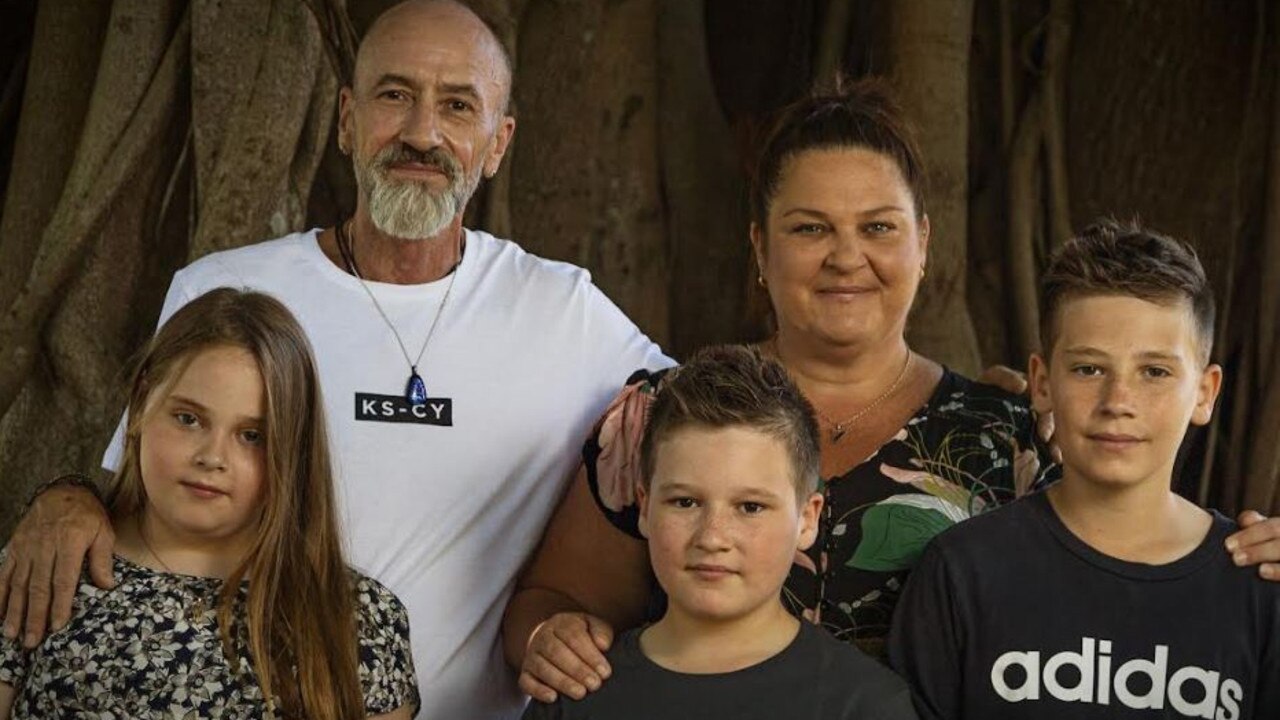
When asked whether she is concerned about her children being reinfected with the coronavirus amid the current wave, Ms Whitehead said “I think it will always be a worry”.
“They were both okay for about two weeks and then my son got really sick, he was vomiting, had diarrhoea and extreme tummy pains to the point he was passing out”.
Ms Whitehead said Covid “ripped” through the school camp but the symptoms might not have been as bad if her children were double-vaccinated.
“They had had their first vaccination and became positive just as they were due for their second vaccination – I think they still would have ended up with (Covid), it ripped through the school camp they were on.
“There were only a handful of kids that didn’t get it – maybe the symptoms would have been not as bad but I guess we will never know.”
According to the AHPPC, reinfections may occur as early as 28 days after recovery from a previous Covid infection.
Dr Booy said it was “very unlikely” for people to be reinfected with Covid-19 before the 28 day period, but if it was going to happen, it would likely be to those who are immunosuppressed.
“It (the virus) can stick around for up to three weeks in the first instance,” he said.
“If reinfection occurs, on average it may be milder, but there will be particular instances where it’ll be more severe... Long Covid could also come with reinfection.”
Prime Minister Anthony Albanese has called a national cabinet meeting for Thursday, with state and territory leaders to dial in virtually to discuss Australia’s ongoing Omicron Covid-19 wave.
It comes days after federal health minister Mark Butler, in an address to the Australian Medical Association, lamented Covid-19 booster jabs had “stalled to quite an alarming extent”.
Mr Butler said there were about five million Australians who had “effectively tapped out of the vaccine program”.
It is understood national cabinet will also discuss the monkeypox situation in Australia, the ongoing threat of foot and mouth disease coming in and devastating the cattle industry, along with the Jobs Summit set to be held in September.
National Cabinet last met on July 16 after Mr Albanese agreed to call in an emergency meeting amid the surging Omicron wave.
More Coverage
Originally published as Qld’s third Covid wave may peak sooner than expected




